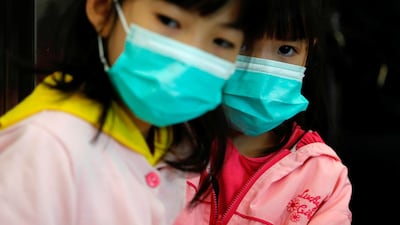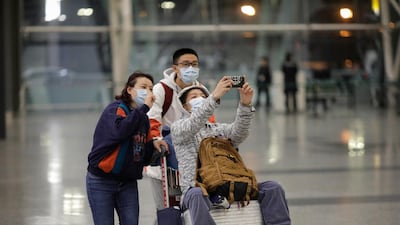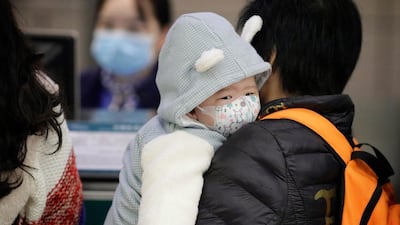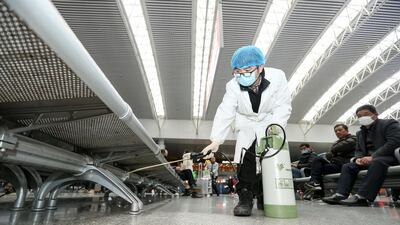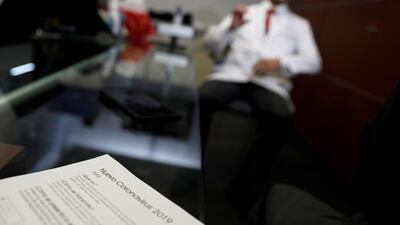Abu Dhabi and Dubai will screen passengers on direct flights from China, after at least 17 people died of a new coronavirus identified in China.
Dubai Airports will conduct thermal screening measures on passengers, after directives from the UAE’s aviation regulator – which were based on instructions from the Ministry of Health and Prevention, the airports operator said on Thursday.
“All passengers arriving on direct flights from the People’s Republic of China must receive thermal screening at the gate upon arrival and be provided with informational leaflets,” Dubai Airports said.
“The screening will be conducted on secured, closed gates at the airport by Dubai Health Authority and its Airport Medical Centre team.”
The measures come ahead of the Chinese lunar New Year on Saturday, when millions of Chinese are expected to travel domestically and internationally.
The UAE, a popular destination with Chinese travellers and transit passengers, joins Saudi Arabia, Bahrain, the US, Australia and other countries to undertake screening measures at its international airports.
About 3.68 million Chinese passengers travelled through Dubai International Airport last year, a 5 per cent year-on-year increase. Dubai, home to the world’s biggest long-haul carrier, Emirates, has about 90 flights a week to Chinese cities.
Screenings will also be carried out at Abu Dhabi International Airport “to ensure the health and safety of all of our travelers,” a statement on Twitter read. “Do not travel if you develop any illness symptoms.”
The virus, which first appeared in the central Chinese city of Wuhan, spreads through human contact and has reached other countries in Asia, heightening global concerns about air travel safety.
The announcements came a day after health officials in the UAE said the country is "completely free" of coronavirus and procedures are in place to deal with any possible outbreak here.
In a statement released on state-run news agency Wam, the National Committee for International Health Regulations and the Control of Pandemics said procedures are in place to deal with any possible outbreak here.
"The UAE has an effective integrated system and plans for emergency and crisis to address public health risks and the country is in constant touch with the World Health Organisation, WHO, to find out the latest updates, recommendations and procedures taken in this matter," the committee said.
"The health situation pose no grounds for concern and the ministry is closely following up on the situation to ensure the health and safety of everyone.”
Hospitals across the UAE have said they are also preparing to identify and treat any coronavirus cases among people who have recently travelled to high-risk regions.
Bahrain's Ministry of Health "co-ordinated with the Bahrain International Airport and taken pre-emptive measures," it said, without elaborating, according to Bahrain's News Agency.
Saudi Arabia will evaluate passengers arriving on direct and indirect flights from China to ensure their safety, the kingdom's health ministry said on Wednesday.
The World Health Organisation (WHO) said it will decide on Thursday whether to declare a global emergency over the coronavirus.
